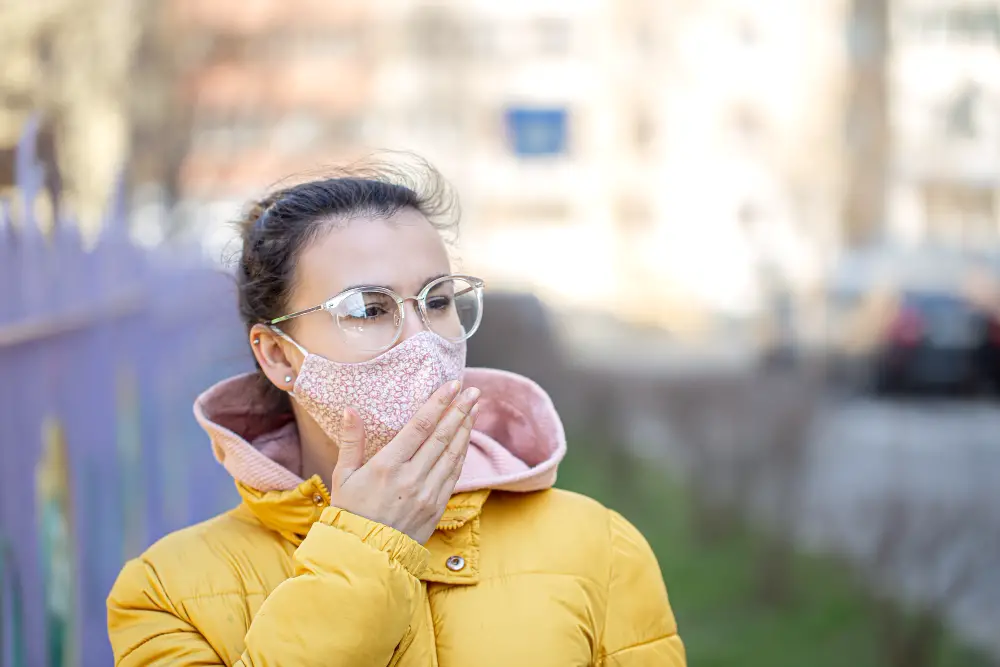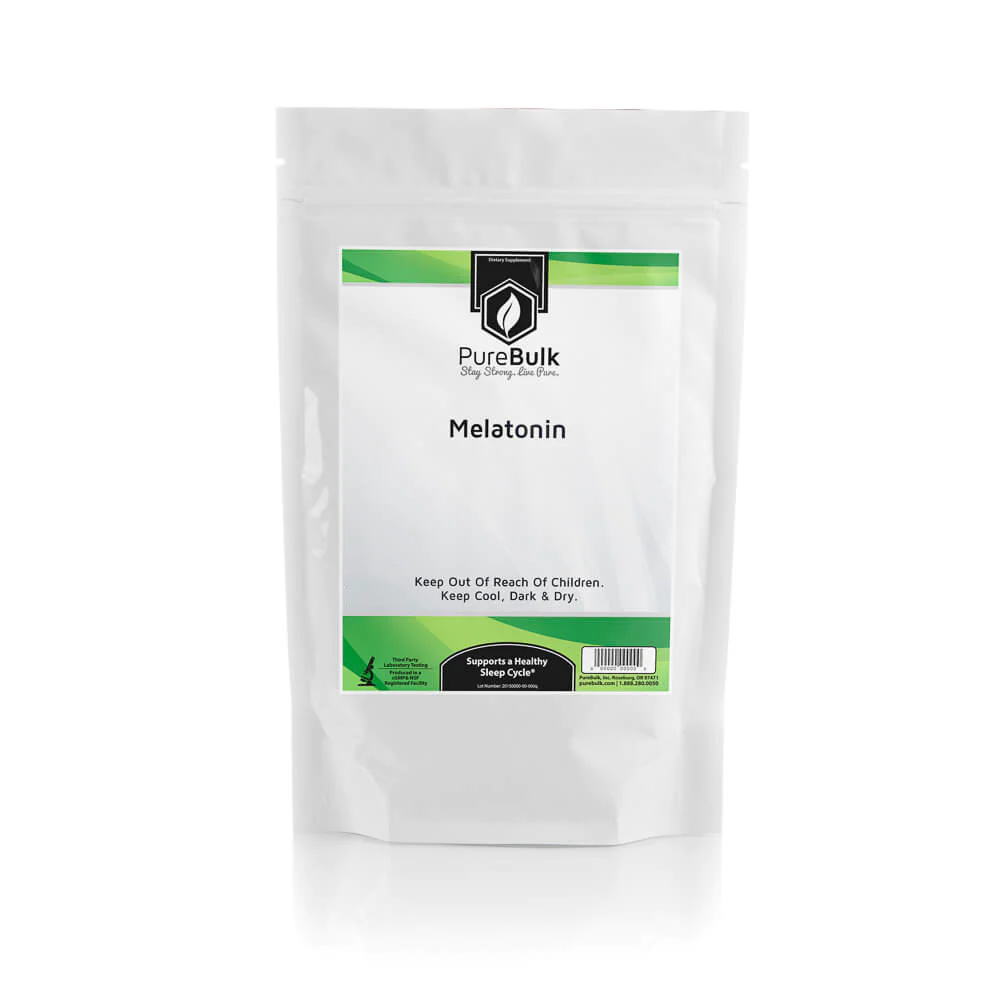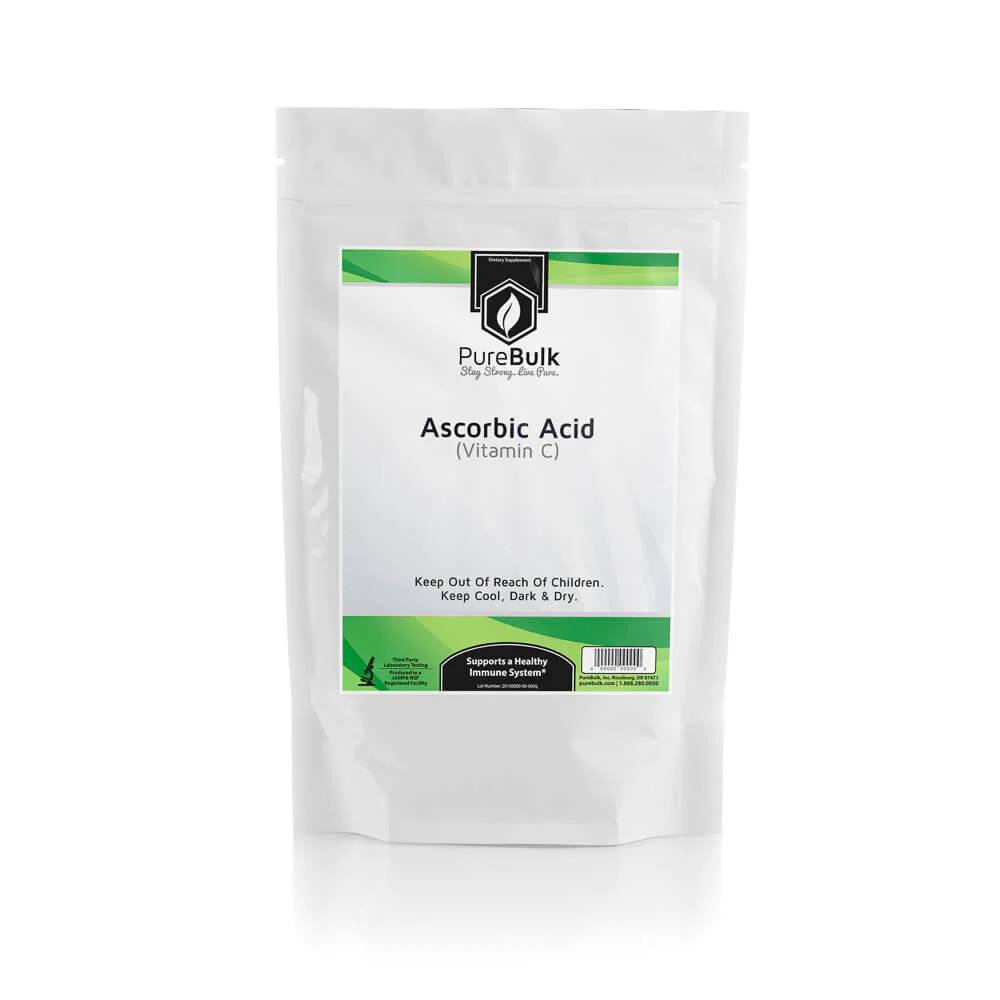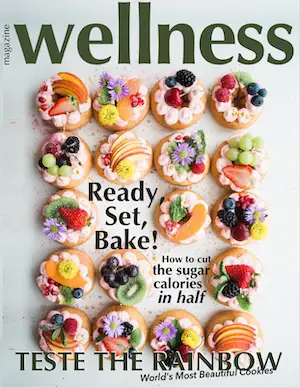It’s almost like a war zone. The environment is pitted against your body and its defenses. Humans have finally realized that the changes we’ve made to our environment have dire consequences for our health.
There’s virtually nothing humans manufacture or operate that doesn’t harm your body. Some pollutants are worse than others. Some can immediately affect your health, and some take years, even decades, to produce visible problems.

Just like smoking one cigarette can have an immediate effect on you, such as brief shortness of breath, dizziness, and even a bit of euphoria – this short-term effect is just that – it dissipates quickly after you are done smoking the cigarette.
Now, take those cigarettes and smoke one several times a day for years… or decades, and you know what will happen – lung cancer, cardiovascular disease, and a higher risk for a whole list of health problems.
Pollutants in our environment are often like the long-term smoker. Over time and through oxidative stress, your body will produce free radicals. You’ve heard the term free radical, and you probably know what a free radical is, but here is a quick refresher.
A free radical is an unstable molecule that can damage cells and tissues. These are formed when molecules lose or gain electrons on their outer shell, leading to an uneven number of electrons.
If electrons are missing from one of the outer shells, this atom can bond with another atom. To complete their outer shell, these atoms react quickly with other atoms, stealing their electrons and causing havoc.
Once oxygen molecules split into single atoms lacking paired electrons, they become unstable free radicals. They then begin seeking out other atoms or molecules to bond with. As this continues, a process called oxidative stress occurs.
As oxidative stress continues, it can damage the body’s cells, lead to various diseases, and increase the symptoms of aging, such as wrinkles.
Your body also produces free radicals as part of normal cellular processes and byproducts of regular metabolic activities. So, even without help, your body will always have some free radicals inside.
However, as stated earlier, environmental pollutants can significantly increase the number of free radicals in your body. So, let’s look at some dangers to your body and what you can do to protect your body’s cells from further damage.
Everyday pollution your body fights.
The very breath you draw into your lungs is filled with pollutants. The amount of those pollutants varies, depending on where you live. For instance, if you are in a central metropolitan area, the concentration of these elements in your air will be greater than in a remote cabin in the wilderness.
Make no mistake—the air almost everywhere is contaminated. Unless you live around the North Pole or Antarctica, of course, where the cleanest air can be found. So, since the odds are against you being a research scientist living at one of the poles, follow along and find out what beautiful chemicals could be in your air.

Carbon Monoxide
Carbon monoxide is colorless and odorless, and like the other substances to follow, you’re likely never to notice it in your atmosphere. It binds to hemoglobin in the blood and reduces the oxygen your cells can carry. Every year, you hear of someone getting carbon monoxide poisoning.
Lead
Most of the lead in the air comes from industry. Lead exposure can harm the nervous system and cause developmental issues.
Nitrogen Oxides
Like the rest of his chemical companions, nitrogen oxide comes from vehicle exhaust and industry. It also plays a significant role in ground-level ozone.
Ground level ozone
This phenomenon develops when there’s a chemical reaction between nitrogen oxide and volatile organic compounds while exposed to sunlight. These compounds are from industrial chemicals, agricultural sprays, and power plants. Ground-level ozone wreaks havoc on those with preexisting lung diseases such as asthma.
There are many other air pollutants, and an exhaustive list would take up far too much space. The idea is that we should be mindful that what we’re breathing in is not good for our health.
What about the water from your sink… how clean is that?
Well, again, this all varies from place to place. Let’s look at what the E.P.A. has to say about the issue of water quality.
Your water quality.
According to the Environmental Protection Agency (EPA), nearly half of the U.S. rivers and streams are polluted, and over one-third of the lakes are unfit for drinking or even recreation, such as swimming and boating.
Their latest bit of data states that 26 million Americans’ water is contaminated.
Could your water be unsafe to drink? What if it’s considered safe from EPA standards but is still loaded with chemicals never meant to be in there?
The main problem with these pollutants is the long-term effect they can have on your health and well-being. The more chemicals you are exposed to, the more free radicals you tend to create in your body. As you’ve just read, everyone except polar dwellers breathes in contaminated air.
So, what can you do about this? Well, you can give your body a boost at fighting the free radicals created by these pollutants. The best way, which you’ve heard of, is to take in antioxidants.
Antioxidants help your body neutralize free radicals. These molecules lend electrons to rogue-acting free radicals at the cellular level, stabilizing them and preventing cellular oxidation. You can increase your intake of free radicals in many different ways. One of the most common ways is to find supplements that supply antioxidants.
You could also order from Pure Bulk and receive the antioxidant itself. Pure Bulk specializes in selling only what you need so you can control your supplement intake. One of the most popular antioxidants may surprise you, but research shows it to be a powerful force.
Melatonin
This well-known supplement is produced naturally in the body, and you’ve undoubtedly heard of it.
At higher doses, this common supplement has well-researched antioxidant properties such as:
Scavenging free radicals
It directly neutralizes free radicals by donating a hydrogen atom, and it also targets reactive oxygen and nitrogen, which prevents cellular damage.
Stimulating Antioxidant Defenses
Melatonin cranks up the body’s antioxidant enzyme activity, which helps your body counter oxidative stress and maintain the health of your cells.
Protection against diseases:
Studies suggest that melatonin can prevent degenerative changes in the central nervous system, such as the damage caused by diseases such as Alzheimer’s and Parkinson’s.
Through the Pure Bulk website, you can get the melatonin you need, however you need it. It can come in powder to mix in smoothies or easy-to-take pill form, too. Either way, you will be getting the hard-hitting, free radical-fighting power of melatonin.
Another well-known antioxidant that works well with melatonin to help clean out free radicals:
Ascorbic acid
Most often referred to as Vitamin C.
Some people find getting their vitamin C easier by taking a powder or pill instead of eating a lot of oranges.
Like melatonin, ascorbic acid neutralizes free radicals and performs some special beneficial bodily functions.
It regenerates other antioxidants—certain antioxidants become free radicals after neutralizing a free radical. It’s almost like a break-even point until ascorbic acid steps in and makes them complete again.
Quenches singlet oxygen – Singlet oxygen is a highly reactive form of oxygen generated during various cellular processes. Ascorbic acid can quench singlet oxygen by taking in its excess energy, thus preventing it from damaging other cells.
Regulates reactive oxygen species (ROS) – who knew oxygen could be damaging? ROS are molecules produced during normal cellular function. They are reactive, meaning they can be destructive. Ascorbic acid helps regulate ROS even while it’s being made.
Vitamin C is essential for fighting the damaging effects of our environment. At Pure Bulk, you can decide how much vitamin C you’d like to take.
Pure Bulk is committed to saving you money on supplements by never selling you fillers. You only get what you order. With 37,000 5-star reviews and over 20,000 customers globally, they are a leader in providing high-quality antioxidants.
So, if you want to protect your body from the damaging effects of the pollutants we can’t really escape, consider melatonin and ascorbic acid from Pure Bulk and start helping your body’s defense today.
* In partnership with our friends at PureBulk* Photo courtesy of PureBulk
* These statements have not been evaluated by the Food and Drug Administration. These products are not intended to diagnose, treat, cure or prevent any disease.
* The information available on ewellnessmag.com, including text, graphics, and other materials is for informational purposes only. Reliance on any information in ewellnessmag.com is at the user’s own risk. Sponsored product placement may appear in the article. The visitor of this website acknowledges that the information available on or through ewellnessmag.com is not and is not intended to be a substitute for professional medical advice. Copyright © 2024 Brawo Press, Inc. All rights reserved.






